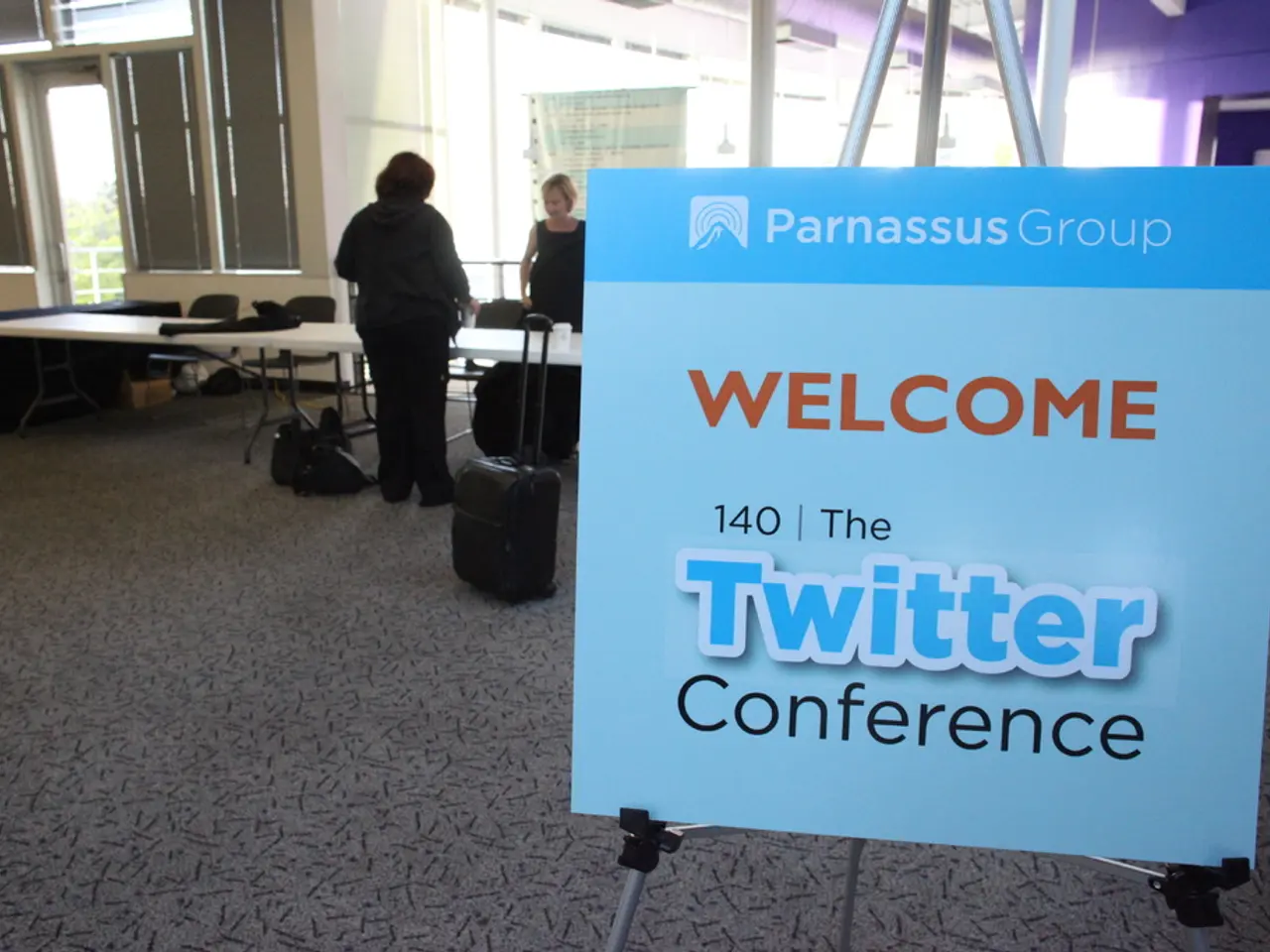Approaching the deadline for Scope 3 reporting, Malaysian Small and Medium Enterprises face pressure to release sustainability disclosures
Malaysian small- and medium-sized enterprises (SMEs) are playing a significant role in the country's economy, contributing 38% to Malaysia's GDP and making up 97% of all businesses. However, as larger companies adopt sustainability requirements, SMEs find themselves under pressure to stay ahead or risk losing relevance in their supply chains.
To help SMEs navigate this shift, two guidelines have been introduced: the National Sustainability Reporting Framework (NSRF) and the Simplified ESG Disclosure Guide (SEDG) for SMEs in Supply Chains.
National Sustainability Reporting Framework (NSRF)
The NSRF, introduced by the Malaysian Ministry of Finance and the Securities Commission Malaysia, is the national baseline for sustainability reporting. It integrates the ISSB’s IFRS S1 (General Sustainability Disclosures) and IFRS S2 (Climate-related Disclosures). While direct mandatory reporting is for larger firms, SMEs supplying to these companies face growing pressure to disclose sustainability-related information, particularly because large firms are required to report Scope 3 emissions—which include indirect emissions from their supply chains.
The NSRF allows a climate-first approach, meaning companies can prioritize climate-related disclosures (IFRS S2) before fully addressing broader sustainability topics and detailed Scope 3 emissions. This phased approach can help SMEs gradually build capacity. Malaysia’s ACSR initiative provides tools, policies, calculators, and training to build SME capacity for compliance with NSRF.
Simplified ESG Disclosure Guide (SEDG) for SMEs in Supply Chains
The SEDG is designed to help SMEs in supply chains meet ESG disclosure expectations without the complexity facing larger companies. It simplifies the disclosure process into manageable steps suited to SME capabilities. SMEs are required to identify relevant environmental, social, and governance (ESG) risks and opportunities in their operations, provide narrative disclosures on how these factors are managed, focusing on key metrics applicable to their scale, and use guidance and templates from the SEDG to report consistent and comparable information to buyer companies, thereby enhancing transparency and trust.
The SEDG aims to simplify ESG reporting for businesses with limited experience in sustainability practices and to build an ecosystem between SMEs and their larger corporate partners. The Sector Guides outline additional considerations required by these specific sectors, which range from environmental aspects such as biodiversity and climate, to social aspects like child and forced labour.
By following these guidelines, Malaysian SMEs can contribute data for Scope 3 reporting by their larger buyers and position themselves for the evolving regulatory and market demands for sustainability transparency in Malaysia.
It is essential for companies to take the initiative and inform their suppliers about available guidance such as the SEDG, which can provide a clear pathway for their partners to follow when it comes to sustainability reporting and ESG disclosures.
As the world moves towards a more sustainable future, it is crucial for SMEs to adapt and integrate sustainability practices into their operations. Sustainability reporting is not just about disclosing data, but demonstrating a company's commitment to creating long-term value for all stakeholders.
- Malaysian SMEs, contributing significantly to the country's economy, are under pressure to adopt sustainability requirements as larger companies do.
- The National Sustainability Reporting Framework (NSRF), a guideline introduced by the Malaysian Ministry of Finance and Securities Commission Malaysia, is the national baseline for sustainability reporting.
- The NSRF integrates ISSB’s IFRS S1 and IFRS S2, and while direct mandatory reporting is for larger firms, SMEs supplying to these companies are under growing pressure to disclose sustainability-related information.
- The NSRF allows a climate-first approach, allowing companies to prioritize climate-related disclosures before fully addressing broader sustainability topics and detailed Scope 3 emissions.
- Malaysia’s ACSR initiative provides tools, policies, calculators, and training to help SMEs comply with NSRF.
- The Simplified ESG Disclosure Guide (SEDG) is designed to help SMEs in supply chains meet ESG disclosure expectations without complexity, by simplifying the disclosure process into manageable steps suitable for SME capabilities.
- SMEs are required to identify relevant environmental, social, and governance (ESG) risks and opportunities in their operations, provide narrative disclosures on how these factors are managed, focusing on key metrics applicable to their scale, and use guidance and templates from the SEDG to report consistent and comparable information to buyers.
- The SEDG aims to simplify ESG reporting for businesses with limited experience in sustainability practices and to build an ecosystem between SMEs and their larger corporate partners, by outlining additional considerations required by specific sectors.
- As the world moves towards a more sustainable future, it is crucial for SMEs to adapt and integrate sustainability practices into their operations, as sustainability reporting is not just about disclosing data, but demonstrating a company's commitment to creating long-term value for all stakeholders.




